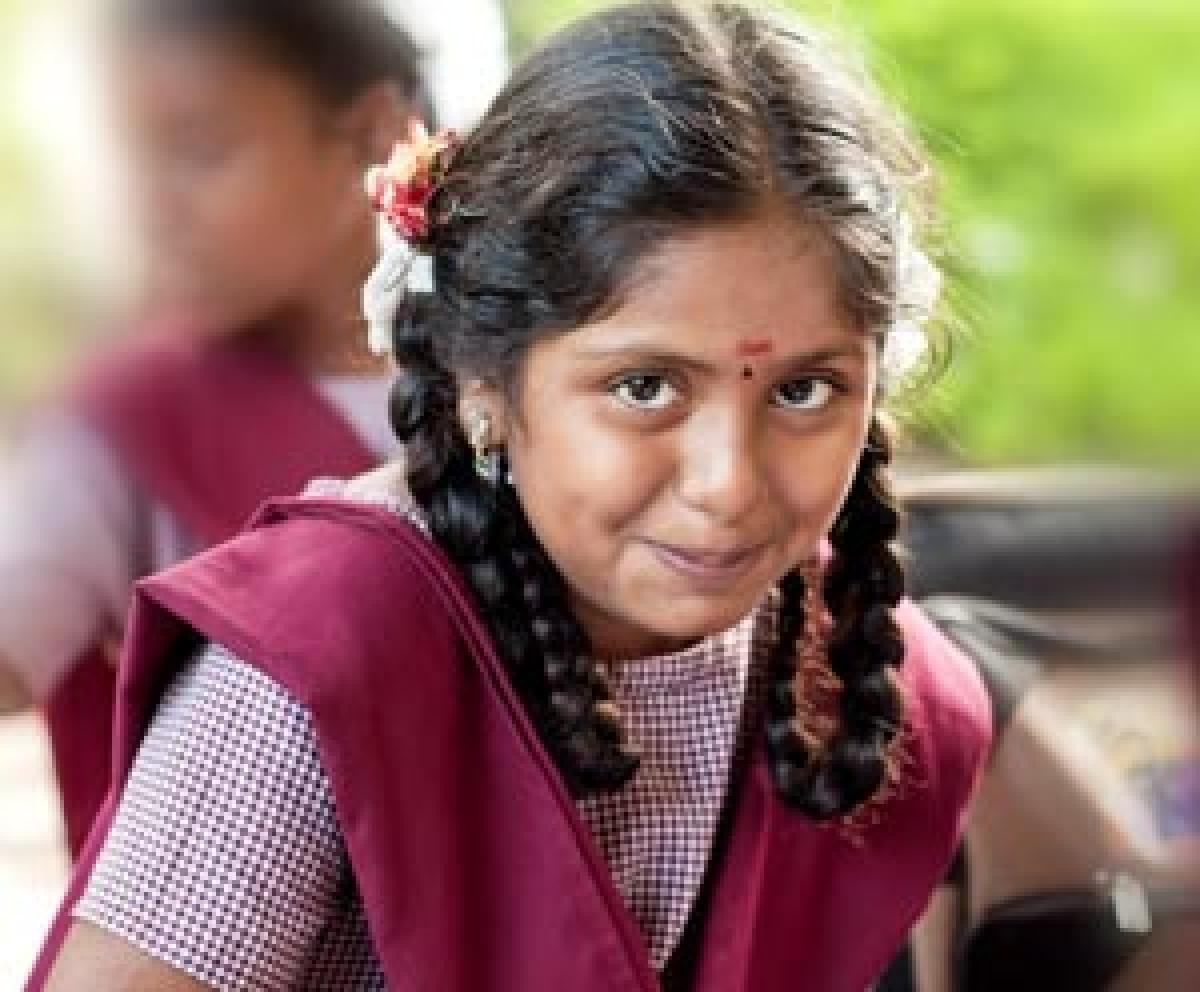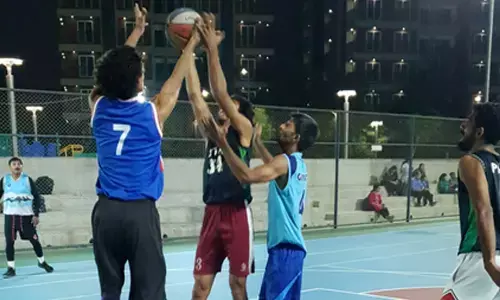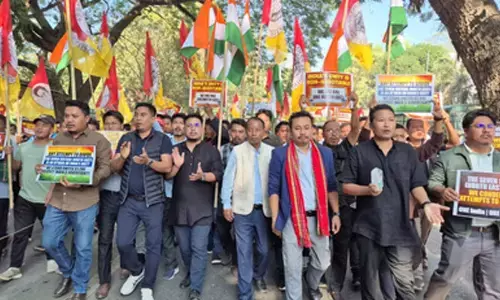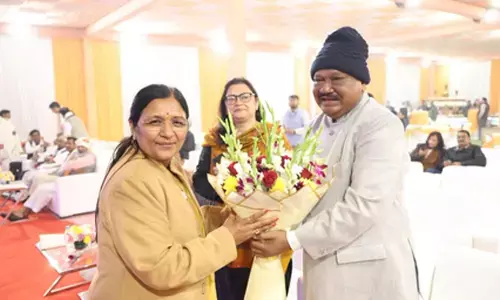A programme that measurably improved learning outcome in schools

Children learning the basics of language and mathematics at the primary level is a top priority for schools in Andhra Pradesh given that the government State Level Achievement Survey (SLAS) 2015-16 showed wide gaps in learning outcomes.
Children learning the basics of language and mathematics at the primary level is a top priority for schools in Andhra Pradesh given that the government State Level Achievement Survey (SLAS) 2015-16 showed wide gaps in learning outcomes.
The lowest performing district (Anantapur) had nearly three times as many primary school students earning a ‘C’ grade as the highest performing district (Kadapa). States across India need scalable solutions to address the problem of a large percentage of children reaching class V without mastering the basics.
The soon to be released National Education Policy will need solutions that are proven to work to ensure children in primary schools across the country gain both competencies and comprehension to progress through the education system.
In 2015, the Government of Andhra Pradesh entered into a three year formal partnership with the Abdul Latif Jameel Poverty Action Lab (J-PAL) South Asia at IFMR, a research network headquartered at the Massachusetts Institute of Technology (MIT) in Boston, and the NGO Pratham Education Foundation, for scaling up a scientifically evaluated model across the state, to measurably improve learning outcomes called ‘Teaching at the Right Level’, locally known as TaRL.
Between January and April 2016, TaRL was implemented by teachers in 1600 schools of 32 mandals in Anantapur district, reaching over 52,000 children of classes III, IV and V. A newly created government cadre of over 100 Cluster Academic Coordinators (CACs) were appointed as mentors for this programme, and worked across 32 Mandals to provide in-school support for teachers, including regular monitoring and mentoring of the programme. Visible gains in learning levels were seen after 55 days of programme implementation.
The number of children able to read a paragraph or story increased from 60 per cent to 78 per cent, from nearly 32,000 children to 40,000 children. The total number of children able to multiply increased from half to three-quarters of all students in the programme (from nearly 28,000 children to 38,000 children). The three lowest performing mandals at the baseline (Hindupur, Kalyandurg, and Kanekal) showed the greatest gains in learning, which shows that the programme is particularly effective in those schools that need the programme the most.
Over the past 15 years, Pratham has developed the TaRL model and used the approach to improve learning outcomes at the primary level for millions of children across 21 Indian states. J-PAL has partnered with Pratham to scientifically evaluate the TaRL approach across 6 states in India, and the programme was found to improve student learning levels at the primary level, with lowest performing students gaining the most.
Under the TaRL approach, teachers conduct a quick learning assessment of children of classes III, IV and V, and then re-group them according to their learning level, instead of their age or grade. Teachers then use interactive teaching and learning activities with the children to move them up to the next level in basic reading and maths. The TaRL approach is used for two hours of the school day.
Teachers are supported with initial training, a resource kit and ongoing in-school mentoring support from the government Cluster Academic Coordinators. The in-school mentoring is to show directly to teachers how to best use the TaRL methodology with children to ensure they move up the learning-levels over the duration of the programme.
In the TaRL scale-up in Anantapur, Pratham provided support through training and providing basic teaching-learning package and by mentoring teachers over the duration of the programme. J-PAL designed monitoring systems to ensure the programme was used effectively, and completed an assessment at the start and end of the programme to measure the learning outcomes in language and maths.
The success of this teacher-led programme has shown measurable improvements in children’s learning levels, and it has been proposed for the programme to next be expanded to cover around 8,000 schools in three full districts in the new school year, and in a later phase to reach all schools in the state where children need to learn the basics first to then progress further.















